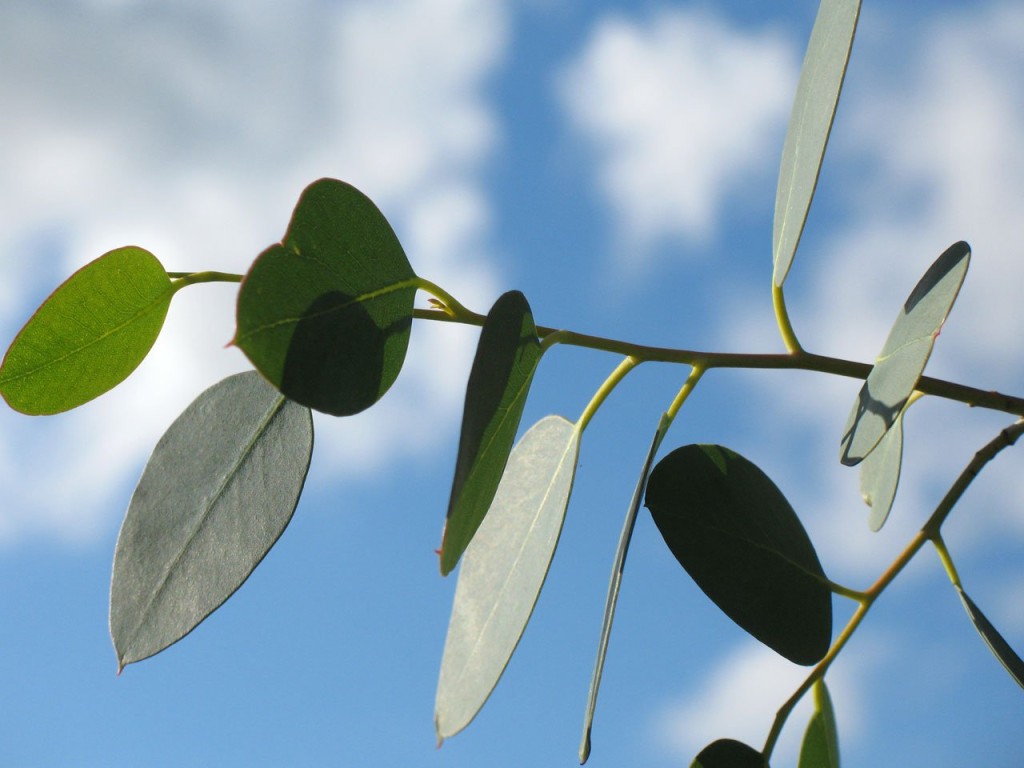The benefits of having a garden full of beautiful trees are undeniable. Beyond simply being wonderful to look at, they also provide essentials such as shade and clean air. However, certain trees can also wreak havoc with underground sewer pipes. Before making any landscaping decisions it is important to know which species of tree are plumbing-friendly.
Tree roots, as they dig deeper into the ground in search of more water, have the habit of finding their way inside buried pipes. They do not necessarily break through the pipe with their strength, but instead exploit pre-existing faults or cracks in the pipe. Once inside, they continue to grow. This often results in a sewer choke, where the pipe becomes completely blocked and is no longer able to work correctly. Some trees have roots that grow extremely aggressively, and should therefore not be planted within the vicinity of a wastewater pipe. Others are much more garden friendly.

Trees That Should Be Avoided
There are certain trees that simply should not be planted in a garden close to a house or building, as their root systems are more likely to cause serious damage to the underground sewer system:
Eucalyptus trees
There are over 700 species of eucalyptus in the world, and the overwhelming majority of them are native to Australia. They are considered an iconic Australian tree, in part due to their association with the koala, which survives on a diet almost entirely made up of eucalyptus leaves.
However, eucalyptus trees are also known for their wide-reaching roots. Instead of digging down into the ground directly around the tree, the roots tend to fan out and cover a much larger area than those of most trees. This makes planting a eucalyptus tree anywhere near a house or building a very dangerous prospect, as it is almost impossible to plant one far enough away from a sewer pipe to guarantee that it will never find its way back to it.
Ficus trees (fig trees)
Ficus trees are actually fairly common as indoor potted plants, but they can do a great deal of damage if planted in the garden. These trees are known for their thin, straight trunks and bulbous tops when they are still young. At full size, though, they become massive. The roots of a ficus tree are similar to that of a eucalyptus tree, in that they are extremely aggressive and wide reaching, as well as being large and powerful. Left to grow, the roots will take over an entire garden, and most likely find their way into damaged pipes.
Garden Friendly Trees
Apple trees and avocado trees
Apple trees and avocado trees are perfect for just about any garden. Their root systems are strong, and can be somewhat aggressive, but they tend not to venture too far from the tree. As long as they are planted at least two metres from a sewer pipe, they should not cause any damage.
Golden wattle
The iconic golden wattle is a larger tree, and as such its root system requires a little more room to grow. The roots of these trees are not aggressive, but they should be planted at least four metres from any wastewater pipe.
Coolibah
Unlike most other eucalyptus trees, the roots of the Coolibah are not all that adventurous. Having said that, they still should not be planted within six metres of a sewer pipe, as their roots are strong and likely to infiltrate a pipe and cause sewer choke if they get too close.
When planting trees in a garden or backyard, it is important to consider the location of underground sewer pipes. Trees should always be planted as far away from pipes as possible. In a small area, trees with non-aggressive root systems will always help to protect sewage pipes from the possibility of sewer choke.
Do You Suspect Sewer Choke?
If you are on Sydney’s leafy North Shore or Northern Beaches, and suspect you have a problem with tree roots invading your pipes, our team at JEDI Plumbing is on hand to help. We can investigate the problem with our specialised equipment and advise on the best course of action. Call us today on 0411 774 381.

